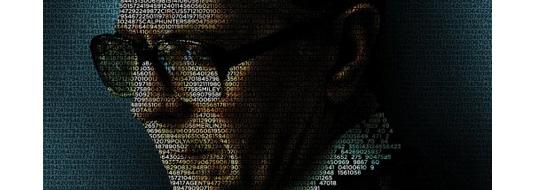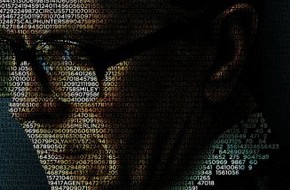
 Adapted from John Le Carre’s 1974 novel of the same name, Tomas Alfredson’s Tinker, Tailor, Soldier, Spy stars Gary Oldman as intelligence expert George Smiley. Forced into early retirement, Smiley is then recalled owing to mounting suspicions that a Soviet mole has penetrated the highest rung of the ‘circus’ – the secret intelligence service.
Adapted from John Le Carre’s 1974 novel of the same name, Tomas Alfredson’s Tinker, Tailor, Soldier, Spy stars Gary Oldman as intelligence expert George Smiley. Forced into early retirement, Smiley is then recalled owing to mounting suspicions that a Soviet mole has penetrated the highest rung of the ‘circus’ – the secret intelligence service.
Amidst the ever-present tension and fear which came to characterise the Cold War era, Alfredson and cinematographer Hoyte van Hoytema depict 1970s London as a bleak and oppressive place. Indeed, the entire film is infused with a sense of melancholic dread as the lives of the protagonists seem to be infected by the lies and deceit which their work demands. It is in the creation of this festering, poisonous atmosphere that the film’s real brilliance lies. Alfredson uses Le Carre’s tale of espionage almost as a mere backdrop to portray men whose lives have become so suffocated by a sense of lingering malaise that there can be no escape.
As the plot unravels and Smiley closes in on his man, Alfredson’s direction keeps the viewer at a distance and denies him the traditional denouement one would expect. Given this, the nigh on faultless performances of Oldman and the rest of the stellar, ensemble cast are vital to the success of the film. Such performances are still and understated with only the slightest gesture or inflection used to convey the brittle psychological and emotional states of individuals consumed by their own internal conflicts.
Rather than for the intricacies of its plot, Tinker, Tailor remains gripping thanks to the genius of the performances and the stifling atmosphere of stagnation and decay with which Alfredson infects every last reel of film.


Leave a Reply